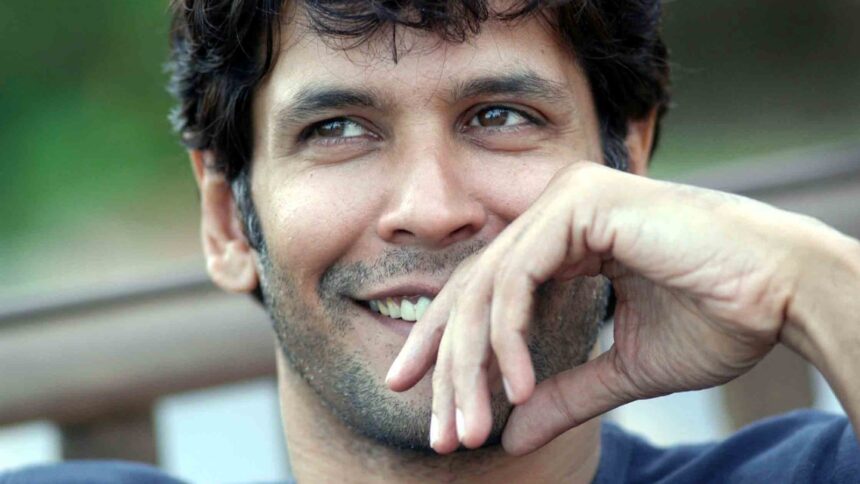In an era where downing multiple cups of coffee is worn like a badge of honour, Milind Soman is a rare exception. Long before wellness became trendy, the model-turned-marathoner committed to habits that many in his industry found extreme. “I don’t drink tea or coffee,” he shared in an old interview on Ek Din Ek Jeevan, hosted by Tavleen Singh. “The first thing I have is fruit juice.”
“From a young age, I did not develop a habit of drinking tea or coffee. I recall reading somewhere in my childhood that these are bad for one’s health. Usually, models drink a lot of tea and coffee, maybe even 15 to 20 cups a day. They smoke cigarettes and consume alcohol – because of stress, maybe, people get into these habits,” shared Soman.
It might sound like a footnote in the age of green juices and biohacking, points to something far more important: how many people—especially those in high-pressure careers—lean heavily on stimulants without fully understanding the long-term cost.
Dr Narander Singla, Lead Consultant – Internal Medicine at CK Birla Hospital, , breaks down exactly what happens to the body when caffeine becomes a daily crutch—and why Soman’s early rejection of it may have been a smart, self-preserving move.
According to Dr Singla, such levels of caffeine can have a profound impact on the body—both immediately and over time.
“In the short term, you may feel jittery, anxious, suffer from insomnia, an upset stomach, or even nausea and vomiting. Your heart rate and blood pressure will spike,” says Dr Singla. “Caffeine can also interfere with iron absorption, increasing the risk of anaemia and other nutrient deficiencies.”
Over time, the risks grow even more concerning:
Many people consume these substances together, especially under stress. But this cocktail can be deeply damaging.
“Smoking and alcohol are both carcinogens. When combined with high caffeine intake, they amplify the strain on your heart, liver, and nervous system,” warns Dr Singla. “They dehydrate the body, disrupt sleep, and tax the liver by competing for the same metabolic pathways.”
Together, they also worsen anxiety and mood swings, especially in individuals with pre-existing mental health or cardiac conditions.
The effects of this triple habit aren’t distributed evenly, said Dr Singla. Certain groups are more vulnerable than others.
In an industry riddled with appearance-based pressures, Soman’s preference for fruit juice over stimulants and outdoor workouts over late-night parties seems to have paid off—not just in his fitness but in his clarity and calm.
DISCLAIMER:








